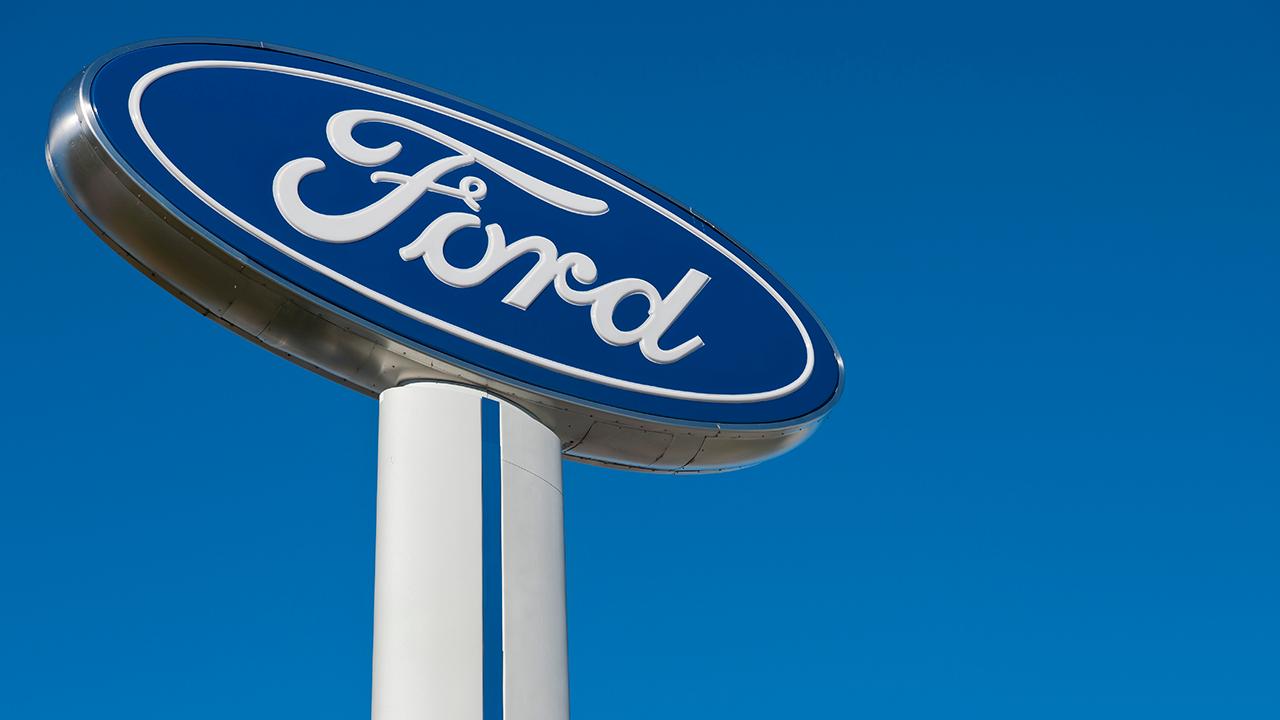Longer car loans are rising - but is that good or bad for consumers?
Buying a car isn’t cheap. The average price for a light vehicle in the United States was a whopping $38,259 in October 2019, according to analysts at Kelley Blue Book.
That’s more than $8,000 of what the typical millennial makes in a year.
Given the gap between salary and the high expense of cars and trucks, long term loans have found a following with millennials. Auto insurance web site, The Zebra, posted on its web site that "the ability to take out a six-year loan has afforded this younger generation more financial flexibility when purchasing a vehicle."
In fact, a third of all new car loans now have terms longer than six years, according to the credit reporting company Experian.
But, while long loans can drop monthly payments, they also tack on much more money to how much consumers pay. The Consumer Finance Protection Bureau calculates that a borrower who takes our a five-year loan to finance $20,000 at a five percent interest, will after three years, have paid $2,190.27 in interest and have a remaining balance of $8,602.98. in interest. "If the same loan had been financed over six years at the same interest rate, he or she would have paid about $152 more interest over the same three-year period and have a remaining balance of $10,747, which is more than $2,000 higher," according to the CFPB report.
In 2016, credit-reporting company Experian noted that the average auto loan lasted 68 months, or nearly six years.
By 2019, even longer loans have become commonplace with 84 months, or slightly longer than seven years, becoming a new normal.
FORD TO KILL FORD FLEX SPORTS-UTILITY CAR, LAY OFF 450 WORKERS
“They have 72, 84, 90, and 94-month loans,” Eagle Auto Mall President and CEO Mark Calisi told FOX Business. “People are stretching loans and paying enormous amounts of interest.” Eagle Auto Mall is a Kia dealership based in Riverhead, New York.
“Loans are [often] long because people are buying cars beyond their means,” Calisi added. “They want all the bells and whistles but they want the same monthly payments.”
“Loans are [often] long because people are buying cars beyond their means. They want all the bells and whistles but they want the same monthly payments."
His suggestion: “Buy a car that fits your needs,” a rare piece of advice from a salesman. And try to go for a shorter loan, he added, because, ultimately, “you pay less interest.”
As well, consider buying instead of leasing. That way, when the loan is gone, “you’ll still have a car,” Calisi said. Whereas, at the end of a lease, the car will be gone, too.
CLICK HERE TO GET FOX BUSINESS ON THE GO
There are some instances where a longer loan may make sense, such as if you plan to invest the money you'll save on lower monthly payments. If you want to go shorter, though, Experian recommends taking a look at your credit score.
If the credit number isn’t high enough “to qualify for a lower interest rate on your loan, why not wait to buy a car and work to increase your credit score?", asks the Experian report.
By taking this course of action you can pay down debt as long and as you make all of your payments on time, in as little as three to six months, your credit could improve and enhance your ability to qualify for an auto loan.





















